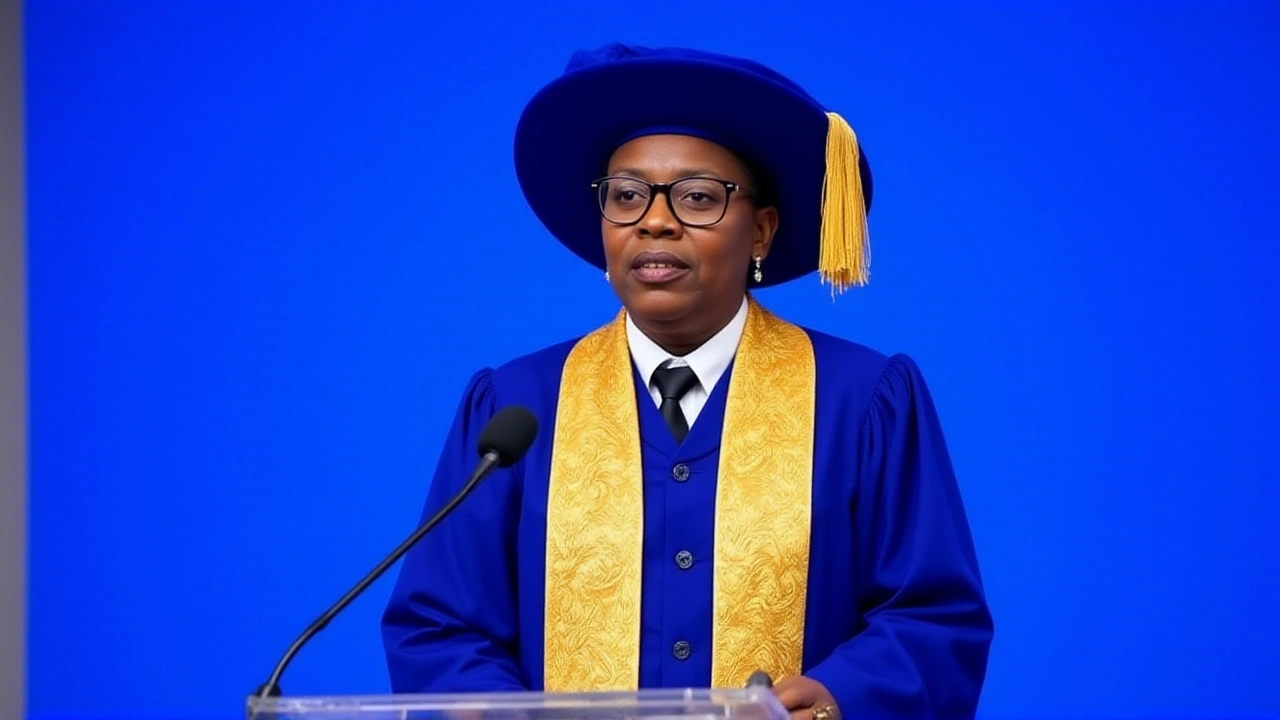Political crises pop up when power, money, or ideas clash in ways that shake governments and everyday life. In South Africa and elsewhere, you’ll see protests, sudden policy flips, or leaders under fire. It feels chaotic, but knowing the basics can help you keep your head above water.
First, ask yourself why a crisis starts. Most of the time it’s a mix of weak institutions, economic stress, and a loss of public trust. When people feel ignored, they hit the streets. When a ruling party can’t deliver jobs or services, opposition groups seize the moment. Look for warning signs: rising unemployment, a spike in corruption accusations, and media outlets that suddenly face pressure.
One clear sign is a surge in protests that go beyond the usual rallies. If you see news about dozens of cities mobilising, that’s a red flag. Another clue is sudden cabinet reshuffles or surprise resignations – leaders often scramble to save face when the pressure builds. Finally, watch the financial markets: a sharp drop in the rand or a jump in bond yields often mirrors political instability.
Pick a few reliable sources and stick with them. Local outlets like News24 or Daily Maverick provide ground‑level details, while an international site such as BBC gives a broader view. Set up Google alerts for phrases like "political crisis" and your country’s name – you’ll get fresh articles straight to your inbox.
Social media can be a double‑edged sword. Follow verified journalists and watch official government accounts for statements, but double‑check any viral posts before sharing. If you’re on a budget, free newsletters from reputable think‑tanks often break down complex events into short, easy‑to‑read bites.
When a crisis hits, it also impacts everyday life – from transport disruptions to price hikes. Keep an eye on practical tips: stock up on essential groceries, know alternative routes for commuting, and stay aware of any curfews or safety advisories. Community groups on WhatsApp or Facebook can be quick sources for real‑time updates in your neighbourhood.
Finally, think about how the crisis might affect your finances. If the market is jittery, consider diversifying your investments or moving some money to safer assets. Many South Africans choose to hold a portion in gold or foreign currency as a hedge.
Bottom line: political crises are unsettling, but you don’t have to be left in the dark. Spot the warning signs, choose trustworthy news sources, and have a simple personal plan for daily disruptions. Staying informed and prepared lets you ride out the storm with less stress and more confidence.
Posted by
Siseko Tapile
12 Comments

Governor Siminalayi Fubara pledges to pay any price for peace after President Bola Tinubu’s eight‑point deal, amid heated criticism and political fallout in Rivers State.
read more